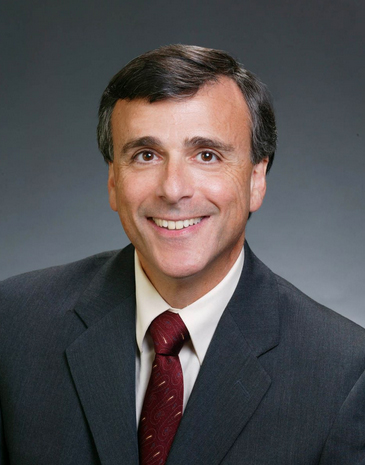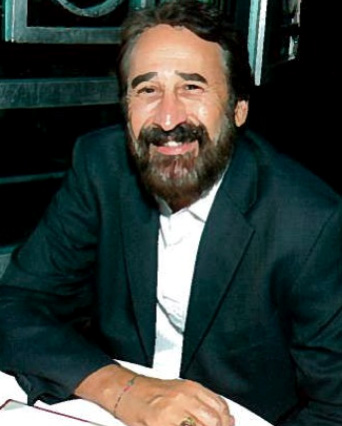
Paul Gionfriddo
President and CEO, Mental Health America
I became President and CEO of Mental Health America on May 1, honored by the opportunity to work with so many wonderful advocates on behalf of people with concern for mental health. At Mental Health America, our goal is:
- prevention for all
- early identification and intervention for those at risk
- integrated health and behavioral health services for those who need them, and
- recovery as a goal
Changing the treatment paradigm
For too long, policymakers and some advocates have been mired in what I call Stage 4 thinking. They have accepted the largely false premise that mental health concerns and violence are intertwined. They have accepted “imminent danger to self or others” as a standard for diagnosis and treatment of mental illnesses.
But as I have said repeatedly, mental illnesses are the only chronic conditions that we treat this way. They are the only chronic conditions where, as a matter of public policy, we wait until Stage 4 to treat, and then often only through incarceration.












Connect With Us